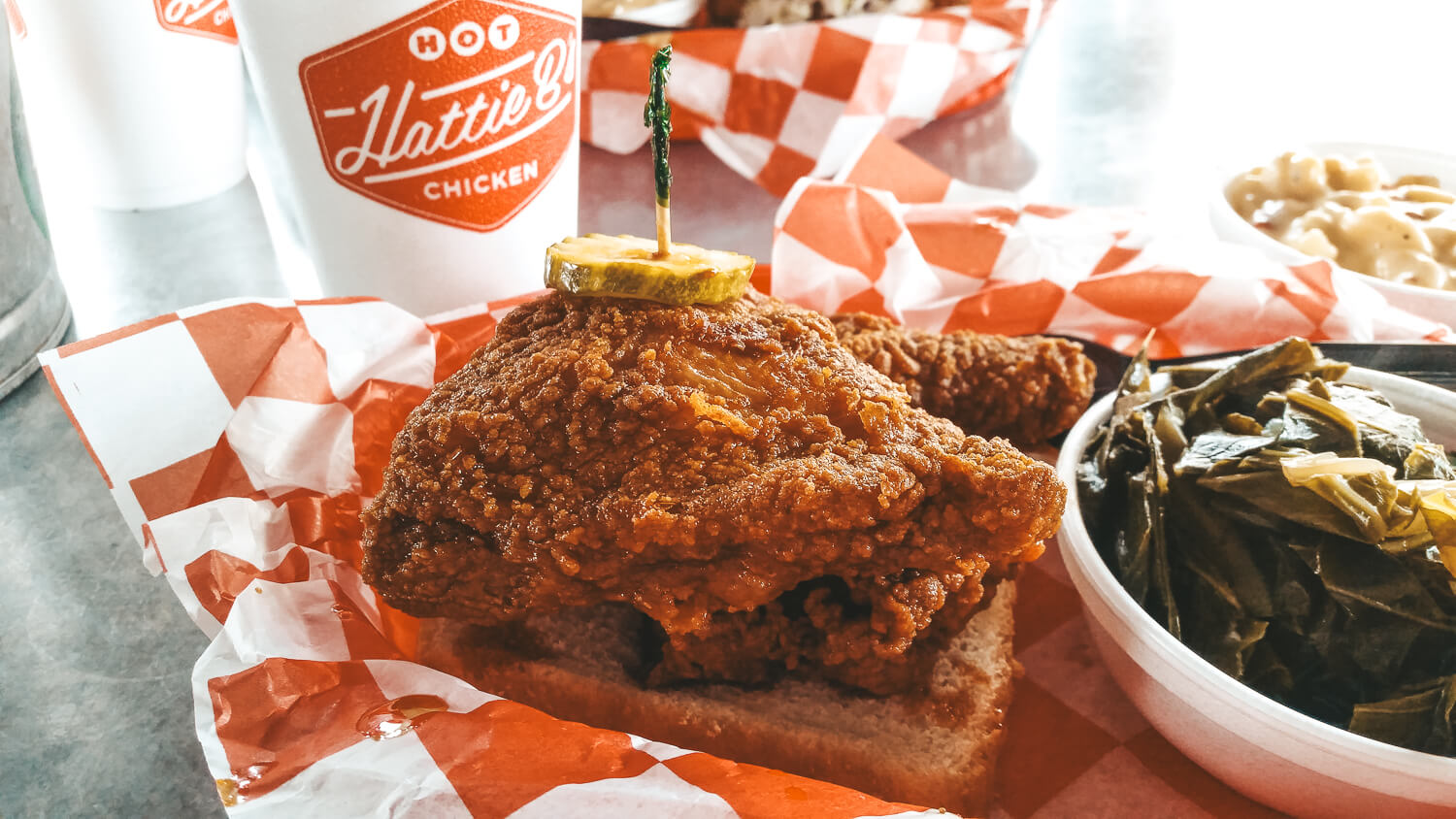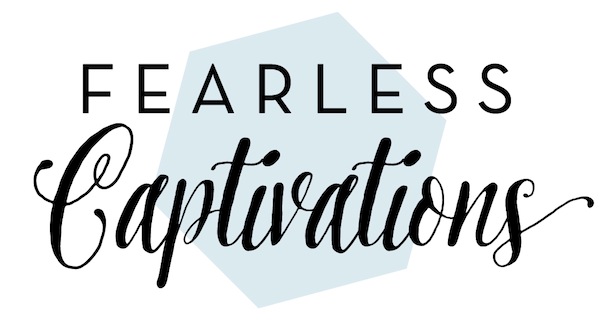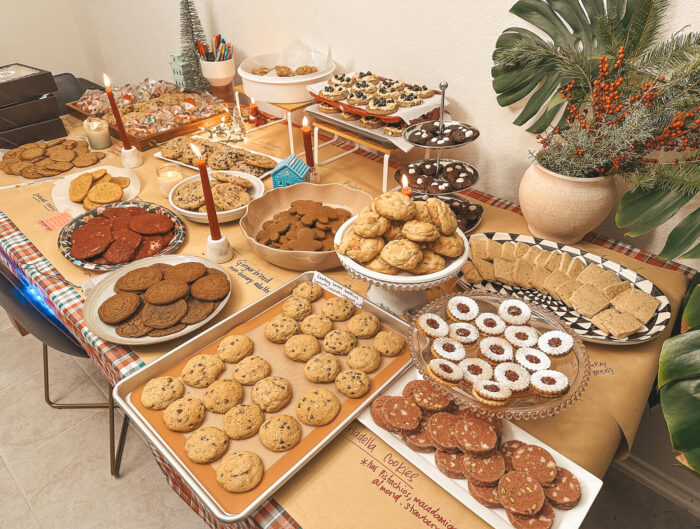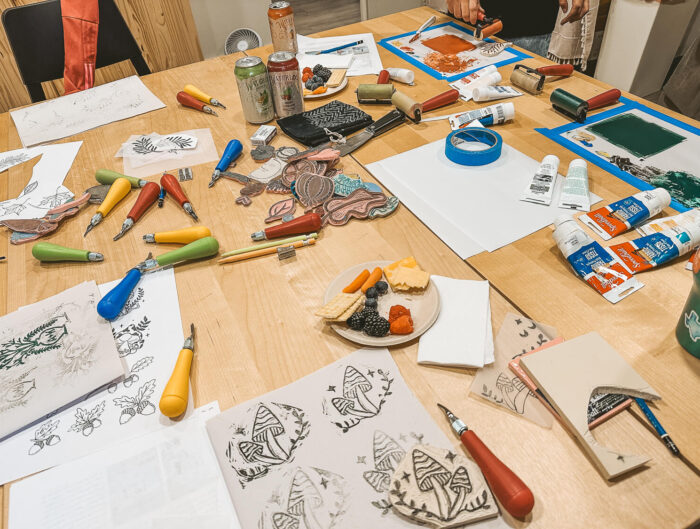If you’re planning your wedding, this post is for you! This is a BIG, organized brain dump of how to plan your wedding, what vendors you need, and questions to ask your vendors. If you’re early into your planning, this post can be overwhelming, so I suggest you scan through it and come back to it as you’re planning your wedding.
I learned so much by going through the wedding planning process and I wish I had a guide like this to help me. Think of this post as a low-key wedding planner and feel free to message me if you have questions!
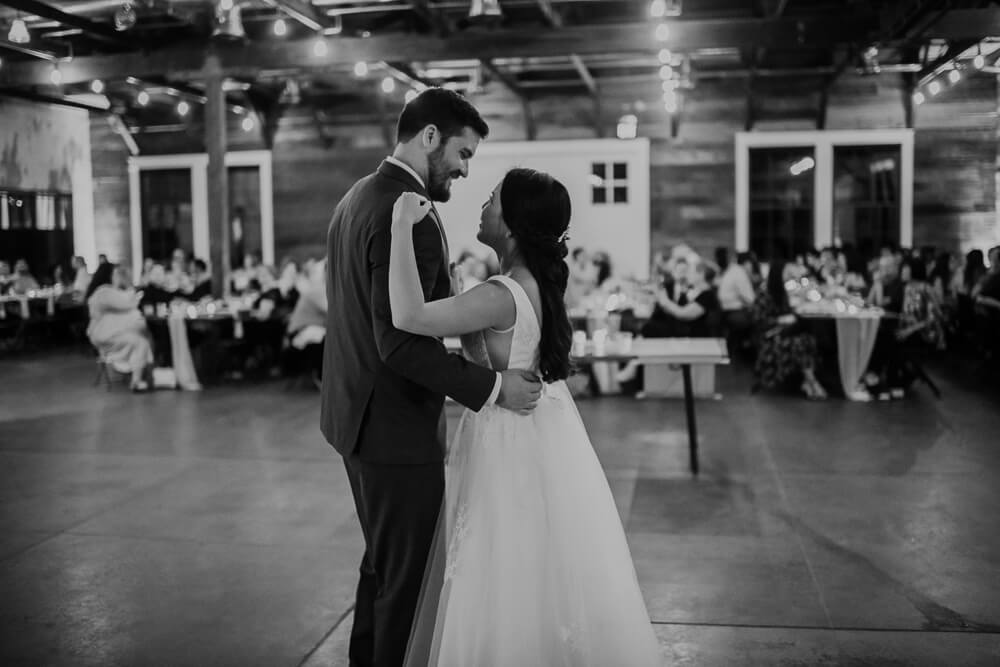
Must-Read Tips Before You Start Planning
1. Plan Early and Get Help
Wedding planning takes a lot of time and energy. There are a hundred decisions and it can be hard to stick to your budget. Allow yourself plenty of time to plan and recruit help from your fiancé, wedding planner, or wedding party to make the experience more enjoyable.
2. Watch Your Budget
As you start looking at all the costs, you’ll likely find that a wedding costs more than you think it would. Pick the things (some say top three) that are must-haves and work your budget around having these things. Costs can quickly add up if you say yes to everything you want. Stay tuned for my big post all about wedding budgeting.
3. You Do You
Who do you need to please? Ideally, the only people you need to please are you and your fiancé, so everything will be your preference. You get the final say! There will be a million choices. If your family members are financially contributing to your wedding, they might feel and you might want to give them preferences. Decide ahead of time what that will look like. Also, if your family has traditions they want you to uphold, get them to tell you as early as possible. (i.e. my family’s Chinese traditions) In the end, you can’t please everyone and ultimately, it’s your wedding, so your desires should take precedence.
4. Remember why you’re getting married
Your wedding is a celebration of this big decision you have made. It’s a gracious party you and/or your parents are throwing for the people in your life. It shouldn’t be more important than your future together. In the long run, your marriage is what matters most. Don’t let the details and stress get in the way.
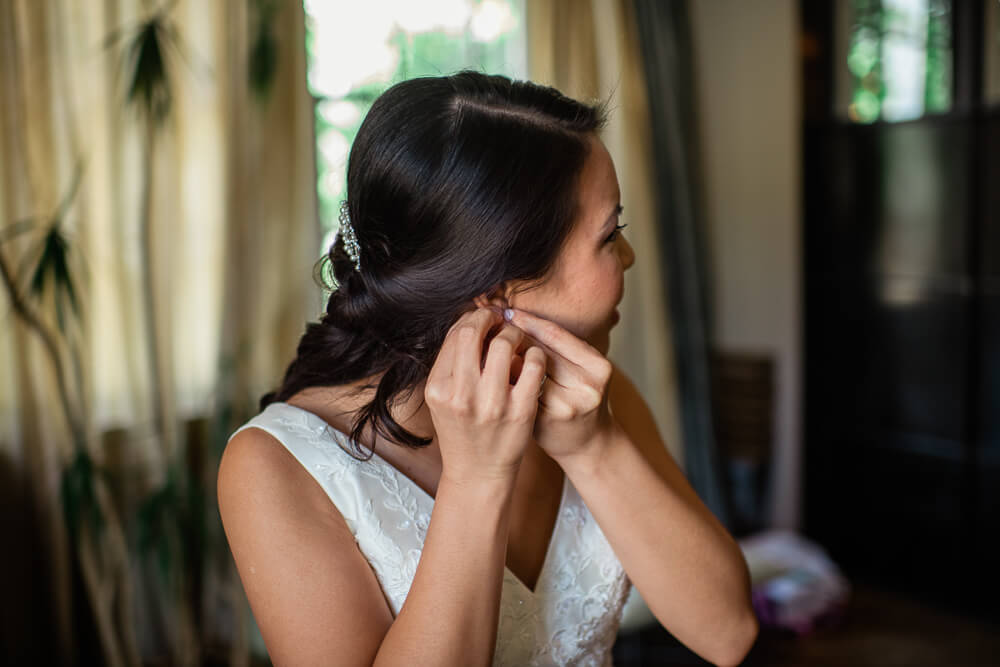
What Kind of Wedding Do You Want?
First, decide what kind of wedding you’ll have. It depends on what you and your fiancé prefer and how much you want to spend.
- Elopement – The two of you will go to a courthouse or special location, usually a public place like a beach or park, with an officiant and have an ultra-private ceremony. Ta-da, you’re married! To make this happen, you’ll likely pay for your outfits, travel costs, and your officiant. For tips on eloping in Austin, check out this website.
- Non-Traditional Wedding Reception – This is usually added to an elopement, either right after the ceremony or after you come back from a destination elopement. You could host a nice lunch or dinner at a restaurant or have an informal gathering at a bar that has food trucks.
- Destination Wedding – It might be cheaper to host your wedding in a different state or country. Research told me Arkansas is the cheapest state to get married in and will cost about $19,500. Take your wedding to a beach resort in Mexico and get their all-inclusive wedding package (includes venue, catering, photographer, and more) for about $7,000. It could also be as low-key as getting married at a courthouse (San Francisco’s beautiful building is a popular destination) and enjoying a meal with guests afterward. Las Vegas weddings are also popular. Destination weddings are typically cheaper because fewer guests can make it and in foreign countries, your dollar can go further.
- Typical Wedding – This is the whole event that you think of when it comes to a “traditional” wedding. It comes with a ceremony and a reception with food, drinks, and a DJ or band. There are certainly ways to save money and stay on budget if this is the type of wedding you want to have.
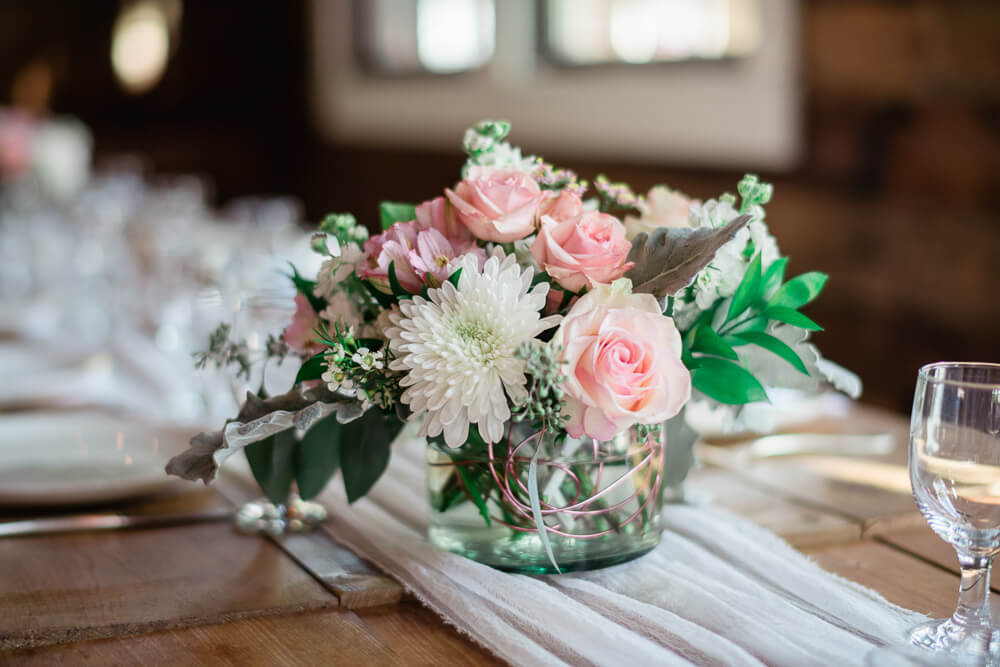
How long does wedding planning take?
It depends on how many vendors you need to book and as fast or slow you make decisions. If you’re planning the wedding by yourself (without a wedding planner), I think you need at least three months. If you’re planning short-term, you should take the availability of vendors into consideration, since popular vendors could be full a year out!
Many couples take about a year or more, especially if saving money to fund the wedding is necessary.
Here’s the order you should book your vendors and accomplish tasks:
- Planner (if you’re only having a day-of coordinator, you can hire this person about six months out)
- Venue (important to secure your date!)
- Catering/Bar
- Photography and Photo Booth
- Videography
- Ceremony and Reception Music
- Dress/Suit/Tux
- Invitations, Etc.
- Officiant
- Hair and Makeup
- Rentals
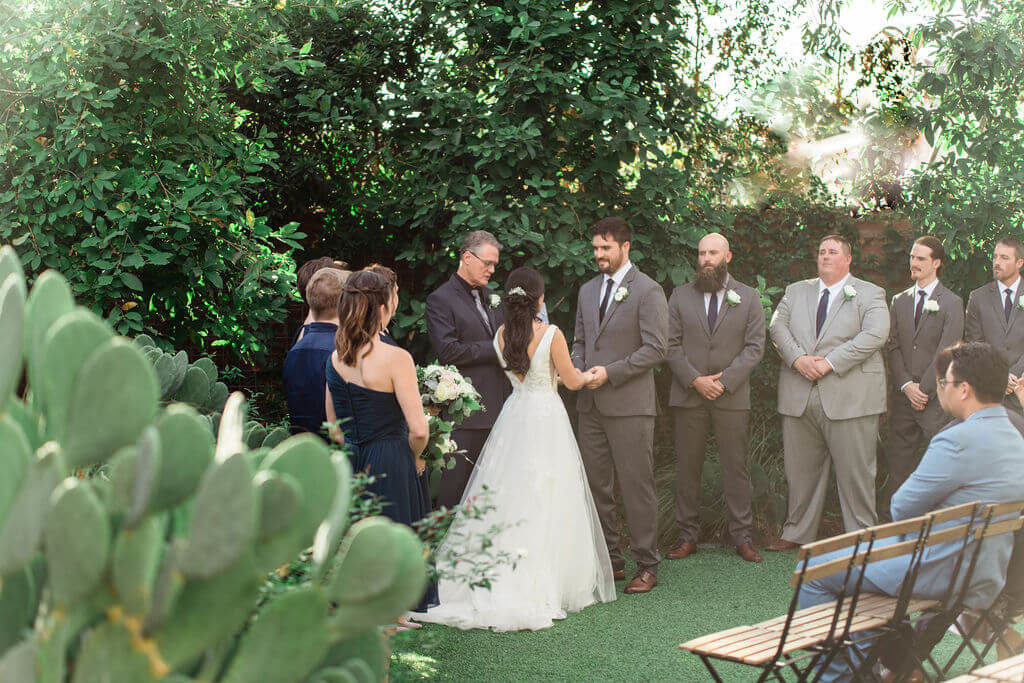
What are the best wedding planning tools?
Remember when wedding magazines were THE place to go for ideas? They are still a good idea, but those magazines usually have much more content on their websites. Don’t forget Pinterest and Instagram. Having examples of the look and style you want is helpful for vendors (like your florist and makeup person) to know what you like. Local bride and wedding planning Facebook groups and Wedding Wire’s community forum are helpful to get ideas and suggestions.
For me, Wedding Wire was crucial for the vendor research and Zola was great for compiling guest information and making a registry. I talk more about those two resources in this post.
My friend Ashley also gifted me with a wedding planner from Erin Condren that was fun and helpful. I liked the checklist and the calendar pages. This was also perfect for keeping all my meeting notes and gift lists in one place.
Find a checklist you like – a wedding website or physical planner – and review it often, at least monthly.
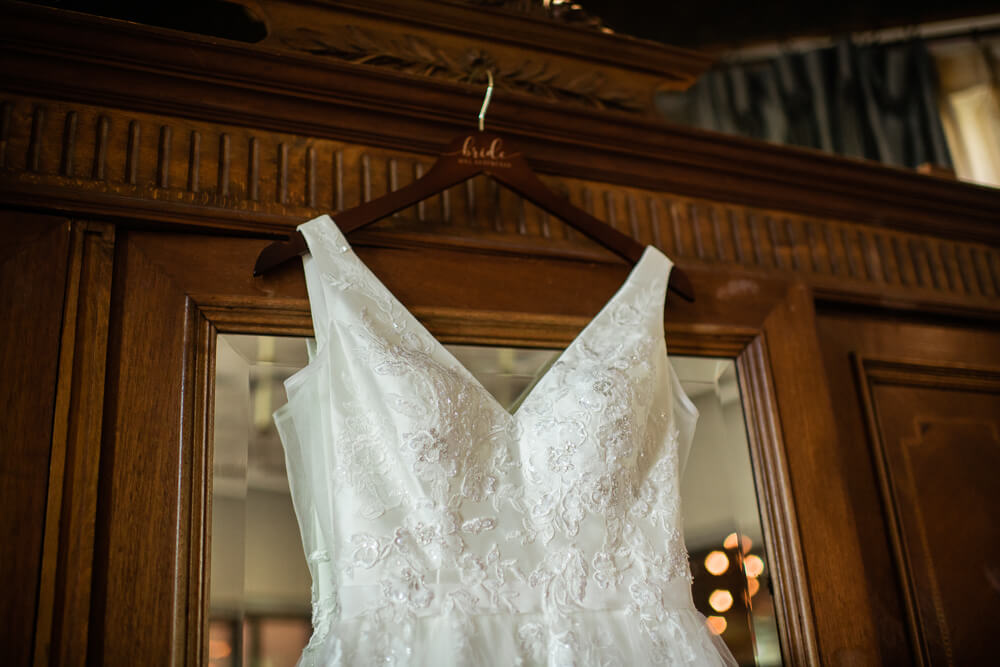
Wedding Planning Process
The following info is for people who want to plan their own wedding. If you hire a wedding planner, they will do all of this for you, from presenting the top three choices of vendors to making sure the vendor delivers on your wedding day. If you hire a day-of coordinator, you’ll be planning your wedding and handing all the information to the person who will make sure everything goes as planned on your wedding day.
1. Gather info. Think about your style and how you envision your wedding day. Pick vendors with services you prefer and in your price range. You’ll likely be doing a lot of online research and you should also ask friends if they have any recommendations.
2. Narrow down your choices. For example, I looked at a photographer’s website and Instagram to get a feel for their style and artistic eye. Are they within your budget? Also, read reviews on wedding websites.
3. Ask for a quote. Through email, you can also gauge their responsiveness and enthusiasm to see if they’re a good fit for you.
4. Meet in person. Walking a venue is a must! For a few of my vendors (photographer and day-of coordinator), it was important to have a face-to-face meeting before I signed a contract. This is to make sure your personalities get along and priorities match.
5. Sign the contract. Be sure to review it thoroughly so that you’re getting everything you agreed to. Know all the requirements and policies. (God forbid your vendor doesn’t deliver. You’ll need this contract to hold them accountable!)
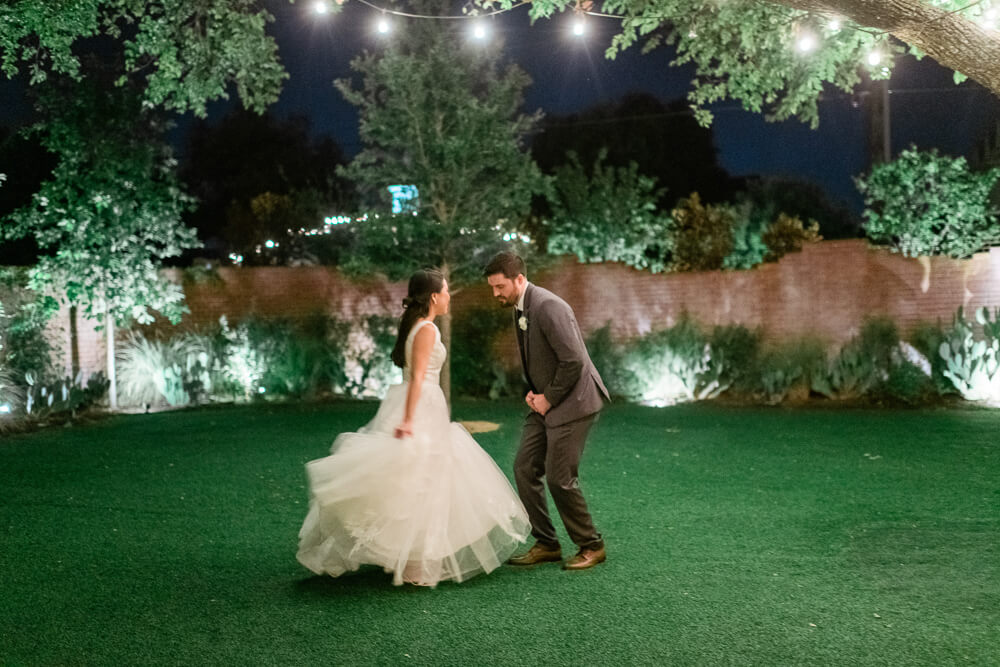
Where will you get married?
This question is for the ceremony. You have a couple of options.
- Church – Most churches require you to be a member of the congregation or to give a donation to use their building for your ceremony.
- Venue – Most venues have space to host both the ceremony and reception. Some places like hotels may have a public courtyard if you want an outdoor space and don’t mind strangers watching.
Picking Your Venue + Questions to Ask Your Potential Venue
Picking the venue was our first task. We preferred North Austin to Dripping Springs, wanted an outdoor element, looked within our price range, and had a non-flexible date. These factors helped us narrow down our choices. We got proposals from nine venues and toured four venues that we thought might be a fit.
Walking the space helped our decision immensely. We were unsure about our first three venues, trying to like them more than we did, but when we walked into our wedding venue, we knew almost immediately it was the one.
One thing to know about picking your venue is that what is offered is not always apples to apples. Some may have their own catering in-house, others may need lots of décor to fit your style. Some may include basic tables and chairs in the price while others require you to rent them. Be sure to find out what is all included in their package and compare it with your budget and needs. For example, our venue required a full-service catering company, a security officer, and a day-of planner, which were unique costs we needed to include in our budget.
Here are some questions you should consider for your venue:
- Is your preferred date available? Is your date flexible?
- What is the maximum capacity of the venue? (Will this fit your guest count?)
- What does the venue rate include? (i.e. tables, chairs, linens?)
- How many hours are included in the rate? How much do additional hours cost?
- Are there required venue vendors or can outside vendors be hired?
- Do you require hiring a wedding coordinator or security officer?
- Do you have bride/groom rooms to get ready in?
- Are a final walk-through and an hour rehearsal included in the price? What is your policy/availability for scheduling these?
- What’s the rain plan and is that included in the price?
- Are there separate spaces for the ceremony and reception or will the room be flipped (changed from ceremony seating to reception/dinner seating)? Is there a fee for the venue staff to flip the room?
- What is the alcohol policy? Can I bring in my own alcohol?
- What are the parking options? Are valet options included?
- Will there be room for a DJ or band?
- What type of décor is allowed?
- Are sparklers allowed?
- What is required for clean-up at the end of the night?
Should I Have My Wedding at a Hotel?
We toured one hotel and ultimately decided the environment wasn’t for us. However, hotel weddings have a lot of benefits, especially the convenience for your guests to stay where the reception is located. Hotels typically waive the cost of the event space if you meet a food and beverage minimum, meaning your catering and bar needs are taken care of. They may also include a complimentary wedding night stay and other perks.
One con of having your wedding at a hotel is the room might need additional décor to mask the conference room look. Another is if the hotel has an outdoor space, like a courtyard, for your ceremony, it may be a public space, which means other hotel guests have access to it. They will surely not crash your wedding, but you might not like hotel guests watching your ceremony from their hotel room balcony.
We only had one hotel’s pricing to compare our final pricing to, so take this advice with consideration. Adding the venue, food, and bar costs, having our wedding at a hotel would have been about $3,000 cheaper. But if we did have our wedding at a hotel, we may have needed to pay for additional up-lighting around the room and bigger centerpieces to get the intimate feeling of the venue we picked.
Again, the factors are not always directly comparable, so know what you want, price it all out, and walk the space before you decide on your venue. Try to envision your wedding day there and you’ll know if it’s the right decision or not.
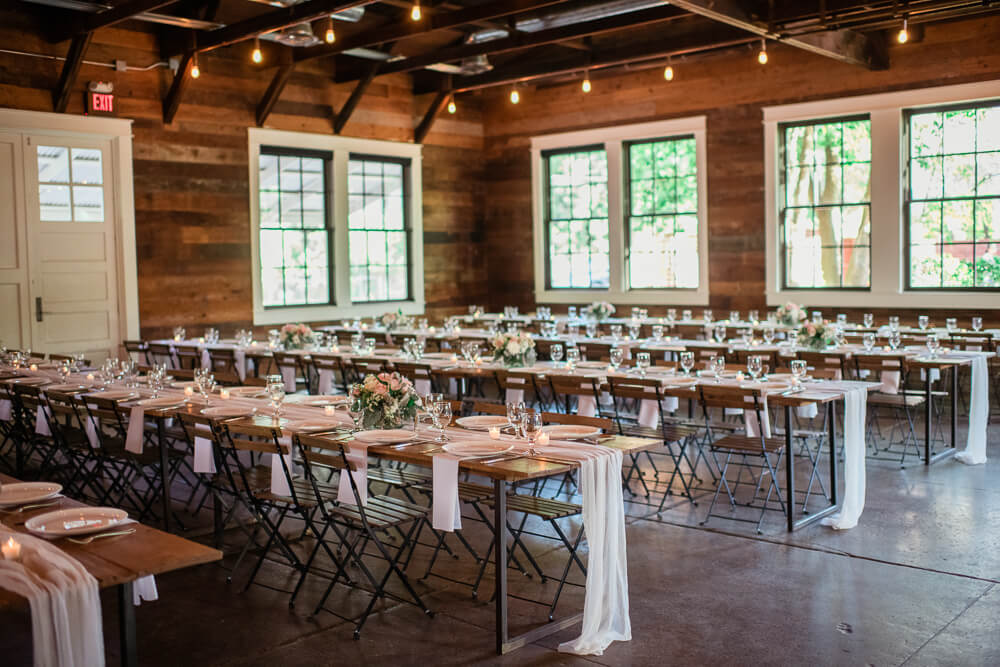
Choosing a Caterer
Here are some questions you should consider and discuss with a potential caterer:
- Do you want a cocktail hour? How many appetizers do you want to offer?
- What type of meal do you want: buffet vs plated, number of entrée options?
- Do you have any guests with food allergies? What options do you have for gluten-free, vegetarian, vegan, and nut-free guests?
- Are there kids meal options? (These are usually more kid-friendly foods and possibly cheaper.)
- What type of bar packages do you have – open bar, beer and wine, or cash bar?
- Do you staff the bar or do I need to hire a bartending company?
- Is alcohol included in the price or do I need to buy alcohol?
- What types of plates, silverware, and linens are included? How much are upgrades i.e. if you want to match linens with your colors?
- How many vendor meals are included? (your vendors typically have this requirement in the contract)
- Can you provide a water station before the ceremony and throughout the night?
- When is the final guest count due?
Some notes:
- Know your guest list and what they typically drink. This will help you decide how much you need and what type of bar set-up to have.
- A caterer with a bar or a hired bartender should be able to give you a recommendation of how much alcohol you need.
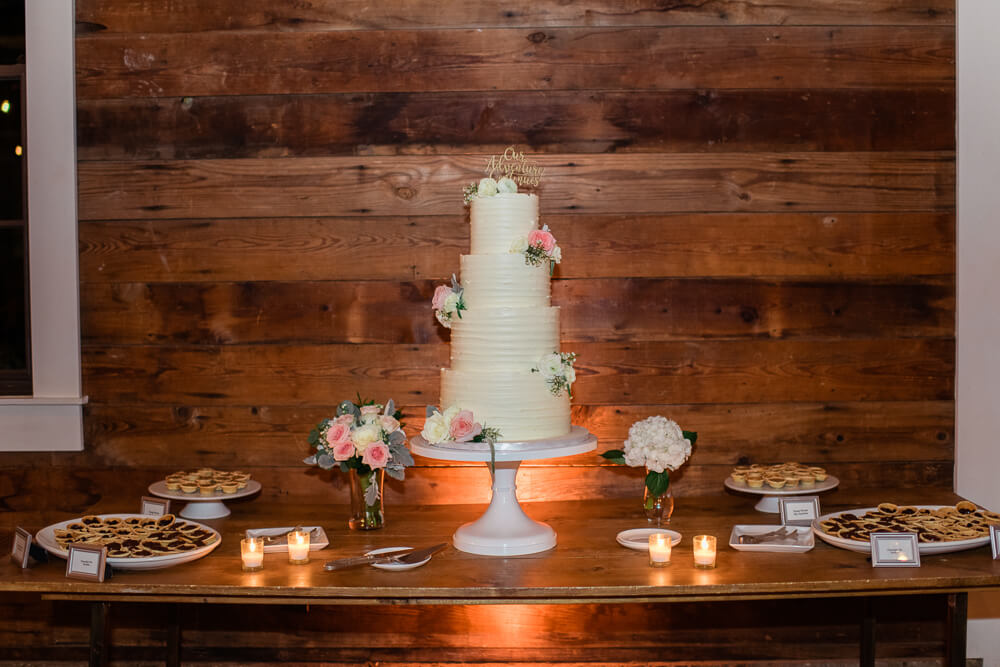
Picking Your Photographer and Videographer
The big thing to research for your photographer and videographer is their style. Do you like their past work? Do they get the important shots you’ll want? The day goes by quickly, so you want vendors who will give you these photos and video to remember it all by. They need to be able to get the shots!
This is one vendor I thought was important to meet with before I signed a contract. It was also very helpful that we had an engagement shoot with our photographer about five months before our wedding, so we got to know her and her style and got comfortable with her. Plus, we used those engagement photos for our save-the-date and wedding decor.
Photographers and videographers either have a second shooter as part of the package or you can pay an additional fee for one. You may want a second shooter if your wedding has 150+ guests or if you want specific shots. Ask your photographer for his/her opinion.
Here are some things to review for your photographer and videographer:
- How many hours are included in the package?
- Does the package include a second shooter?
- Does the package include a physical album?
- How many photos or videos will be delivered?
- How will the photos/videos be delivered?
- How long after the wedding will the photos/videos be delivered?

Picking Other Vendors
For me, choosing my other vendors was a faster process. These included the DJ, photo booth, cake, and florals. Here are some of the things I considered for these vendors:
- What’s included in your event package?
- How many hours does your fee include?
- Is there a delivery fee? (or can you save money by having family or friends pick-up?)
- What time will you arrive for set-up?
- Do you require a vendor meal?
One of the Worst Parts of Wedding Planning
RSVPs. It doesn’t matter if you send paper invitations or digital invitations. Your guests will forget to send back the pre-stamped envelope, they’ll lose your invitation, and they’ll forget to RSVP on time. If you do an online RSVP, they won’t know how to use it. You will inevitably be texting and calling guests days before your RSVP deadline. I’ve been on both sides now (as a guest not sending an RSVP in and a bride chasing RSVPs), and it’s inevitable, so prepare yourself for this stress! (We used Zola for online RSVPs.)
Related to the RSVPs, the last month and especially the last two weeks of wedding planning were rough. Thankfully, most things were planned months in advance, but there were things we hadn’t thought about and scrambled to do.
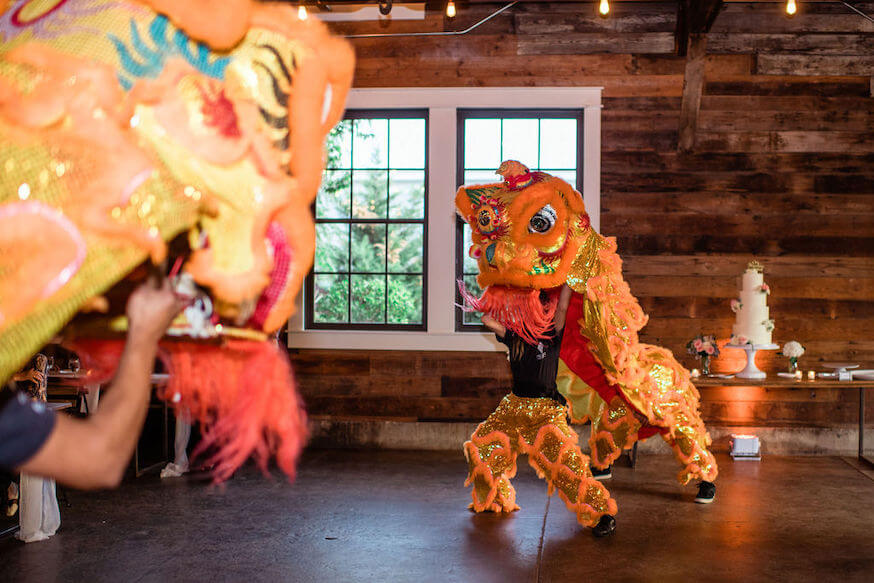
Quick Tips to Make Wedding Planning Easier
- The dress: There will be multiple dresses that could work. Pick your favorite and stop second-guessing it. Don’t try on too many or you’ll be very indecisive. No matter which dress you pick, you’ll look beautiful!
- Utilize free addressing on online invitation companies so you don’t have to write them all yourself. If your invitation company doesn’t have the printing option (or if you don’t want to pay extra), buy a return address stamp. You can use this in the future too.
- Involve your groom! Give him specific tasks to help you.
- Make a list of formal photos you want at your wedding with exact names for your photographer. He/she can call out the names for people to gather. Also ask your photographer how he/she manages this.
- Think early on and gather your songs for crucial moments. Your DJ will ask for this list. Don’t forget moments like walking into the reception.
- Schedule your pre-marital counseling months in advance. Packages are typically four or eight weeks long or there are weekend workshop options.
- Don’t forget your marriage license. In Texas, you need to get it at least 72 hours in advance. Both people need to be present at the county clerk’s office. In Austin, it was about $80, though they will give you a discount for completing certain pre-marital counseling programs.
- Sit at a sweetheart table so that you get some alone time and time to eat.
- Try not to plan your bachelor/bachelorette party the weekend before your wedding. You might need time to recover and one more weekend to prepare for the wedding.
- Don’t leave to-dos until the week of the wedding. Even the “small” tasks and quick errands can seem daunting on top of all the feelings.
- Relax and find ways to de-stress the week of the wedding. Even if you don’t have much to do, consider taking more time off from work to relax. A workout and/or massage are great ideas. Meal plan ahead of time, so you’re not picking up junk food every night.
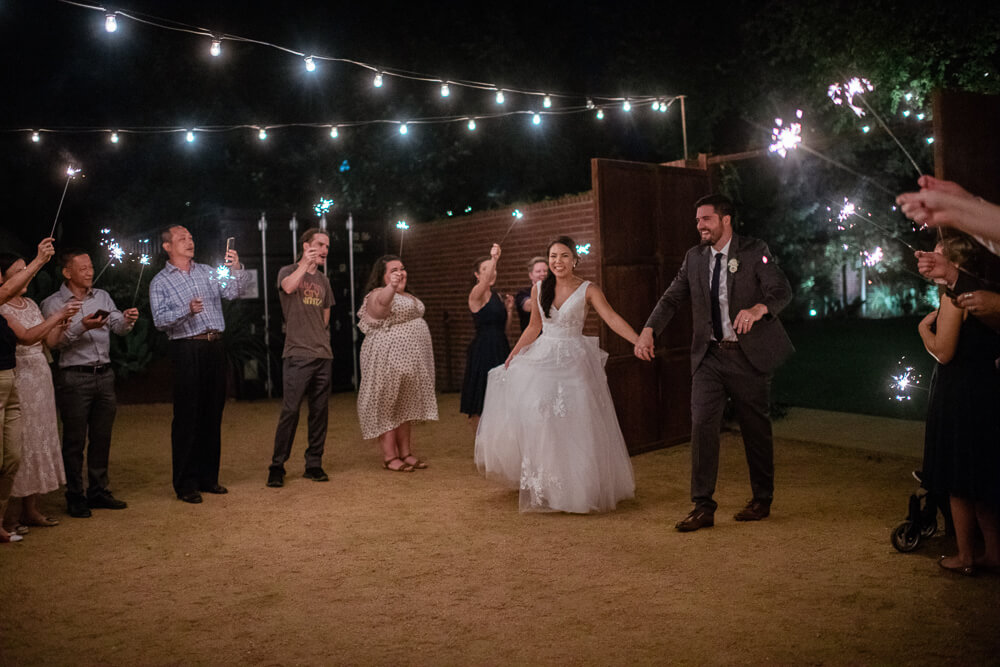
Conclusion
Wow, that was a LOT of information. I recommend saving this post and coming back to it for reference. Have more questions? See this post about frequently asked wedding questions. If there’s anything else you’re wondering about, feel free to send me a message or leave a comment below!
P.S. If you want to know more about our wedding and vendors, check out this post. See all my wedding posts here.
All photos are by April Mae Creative!
The adventures continue on Instagram, Facebook, Twitter, Pinterest, and Bloglovin’. You can also subscribe to the exclusive email list.


